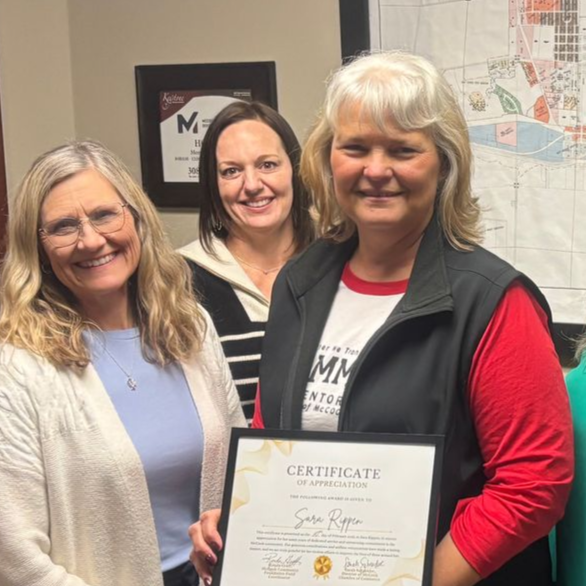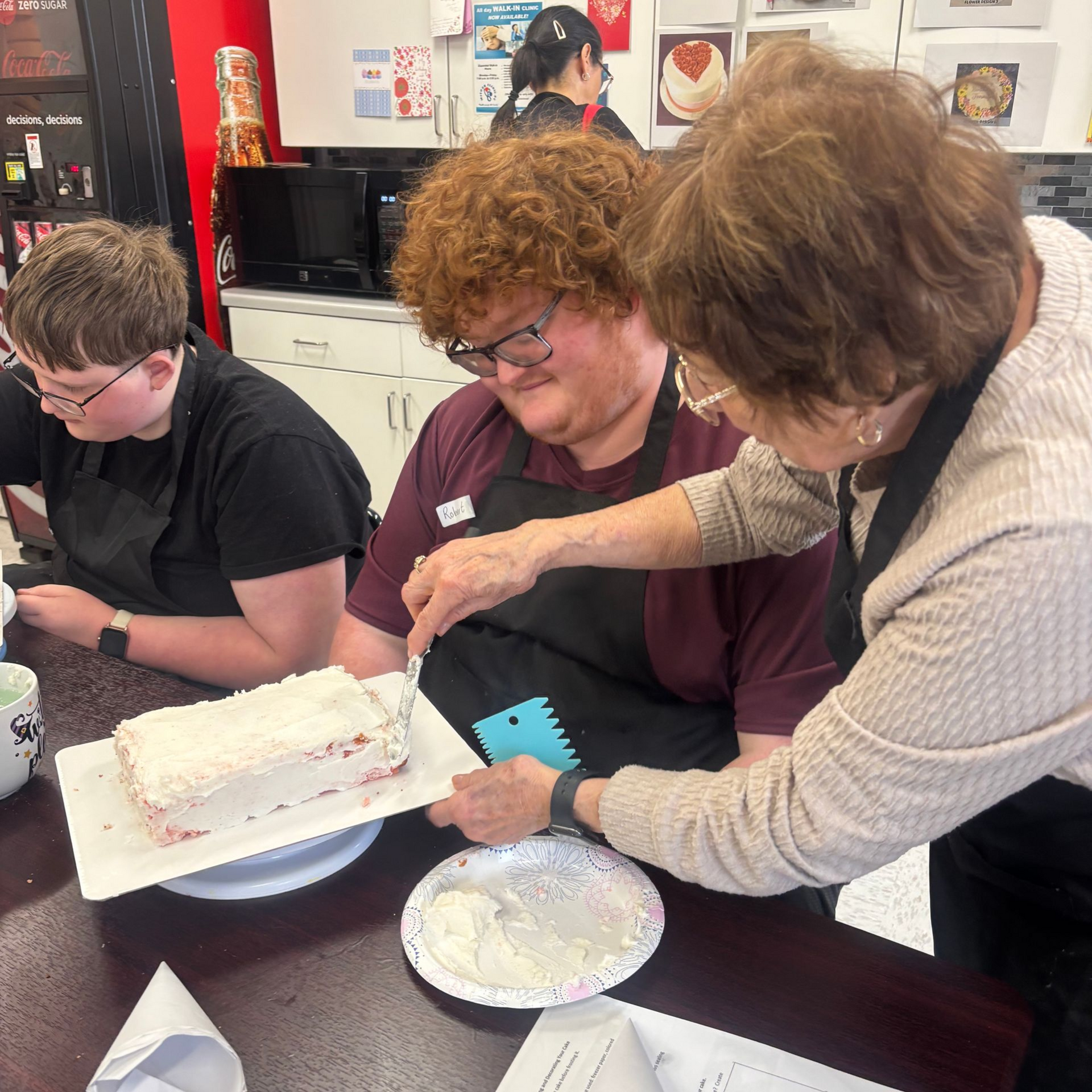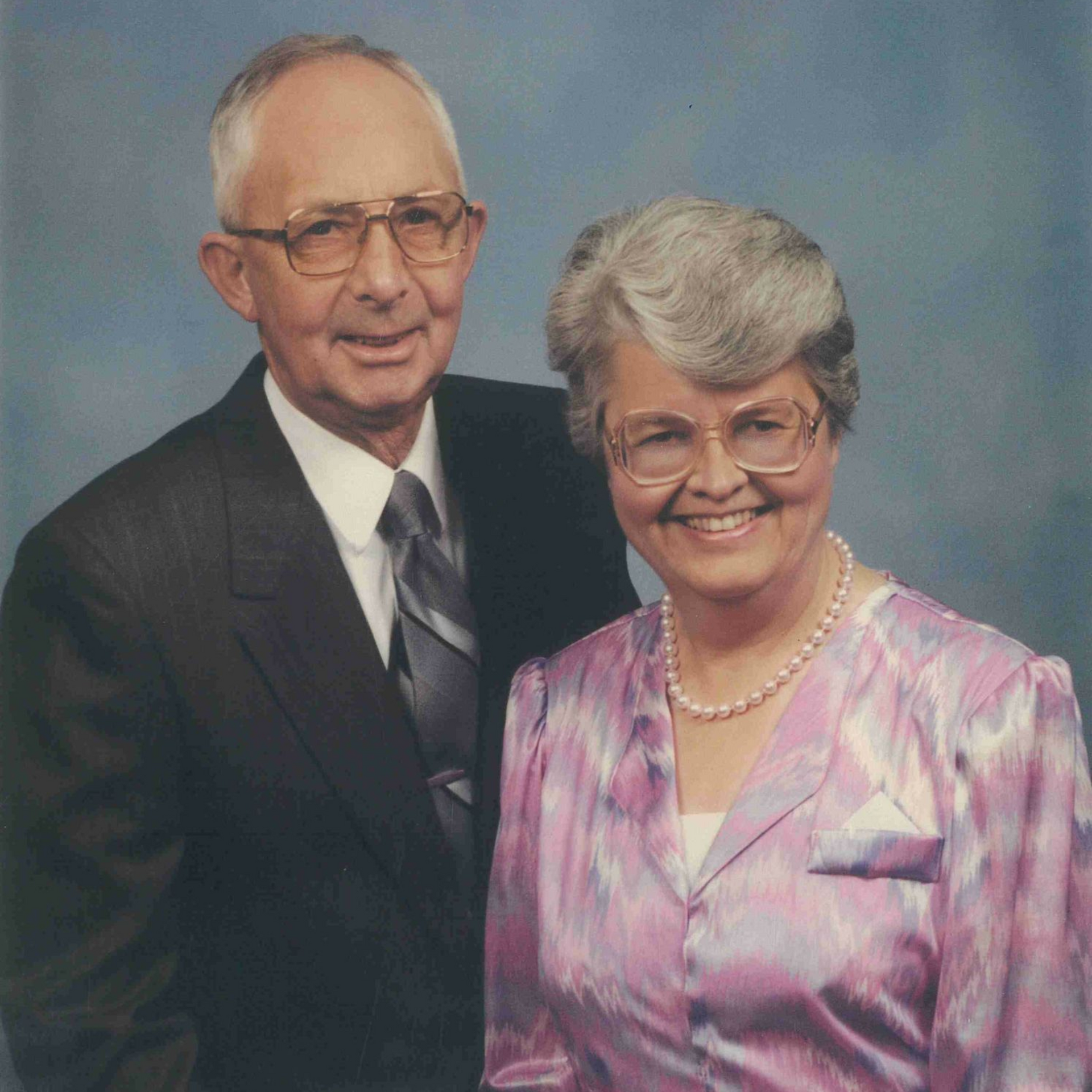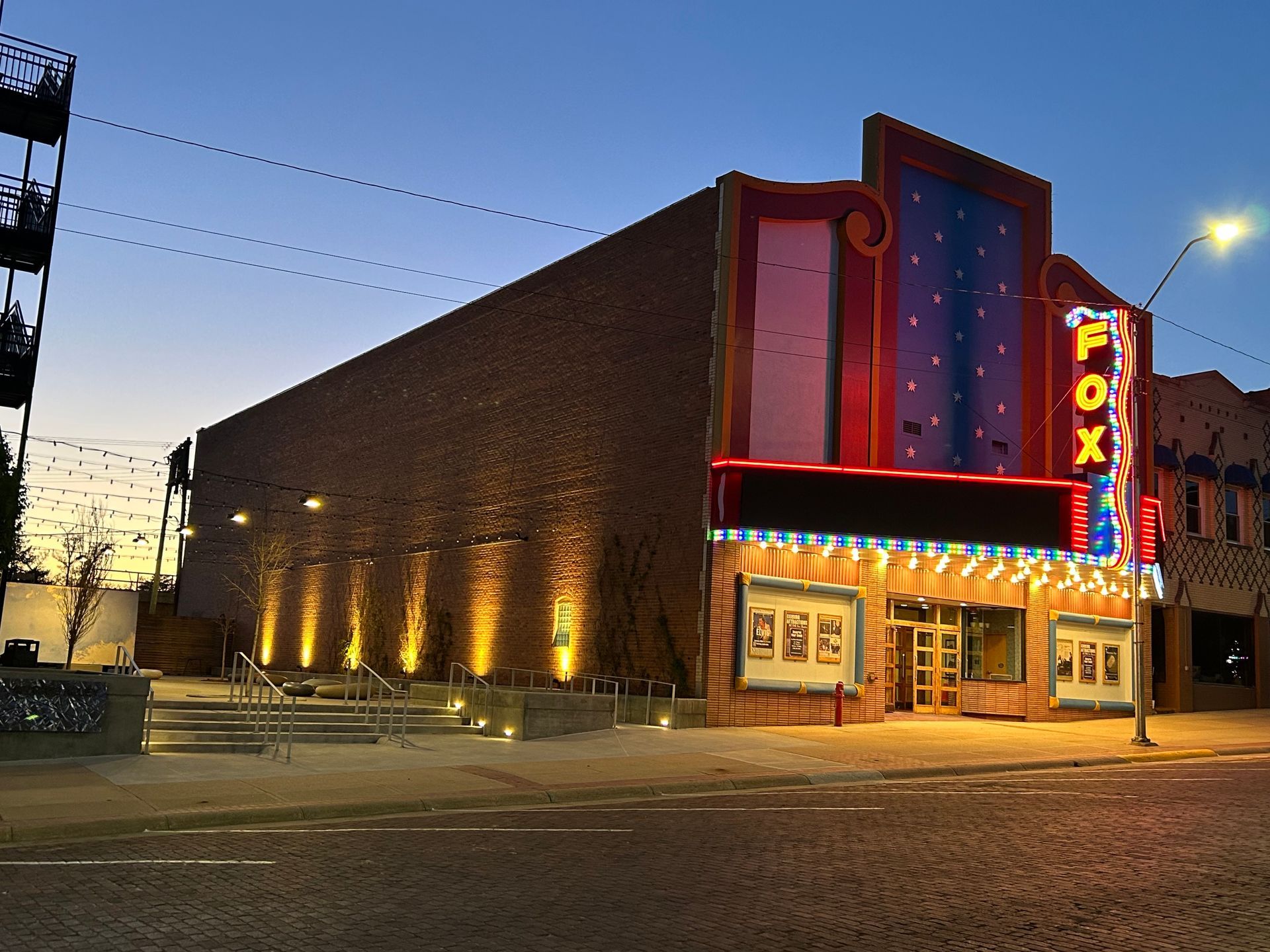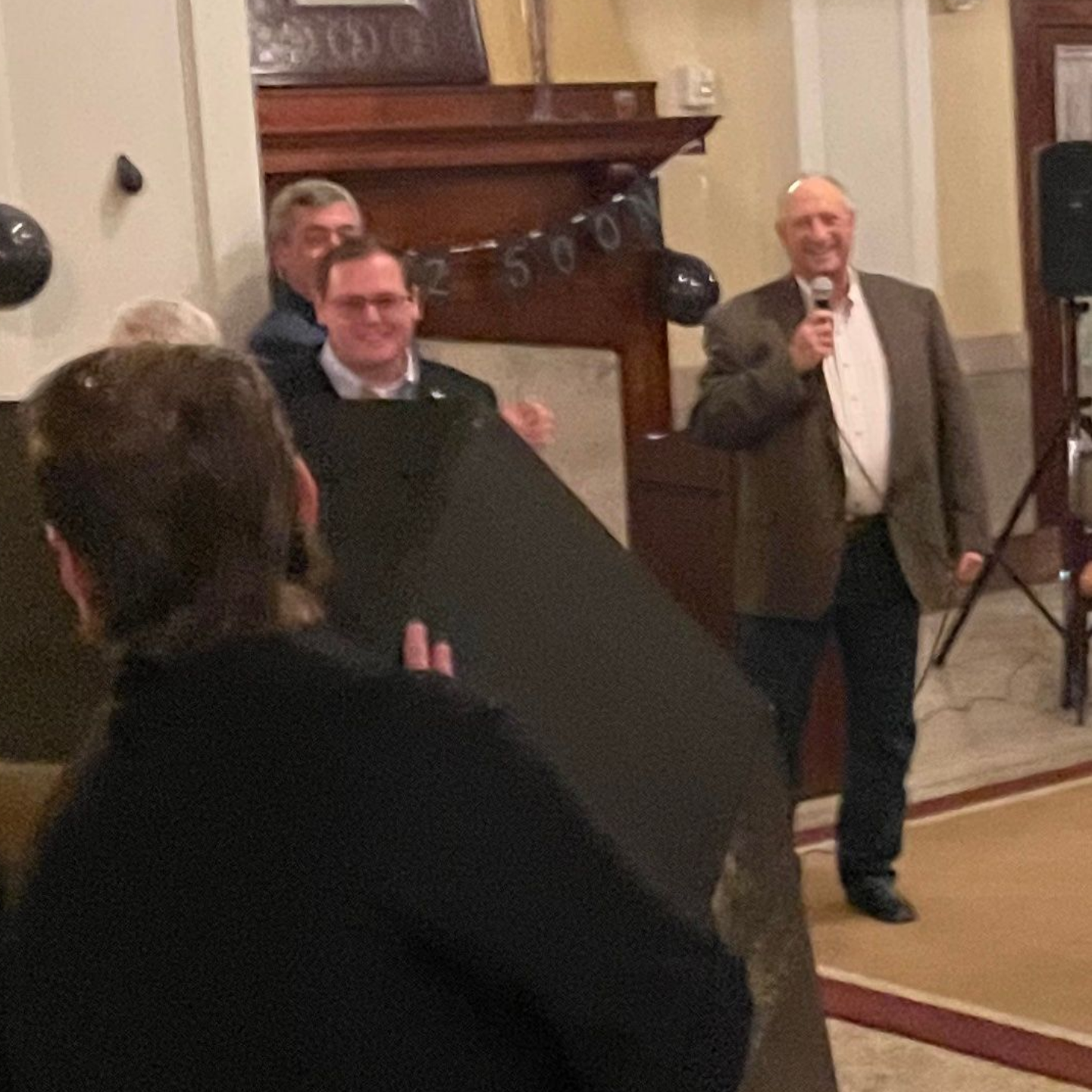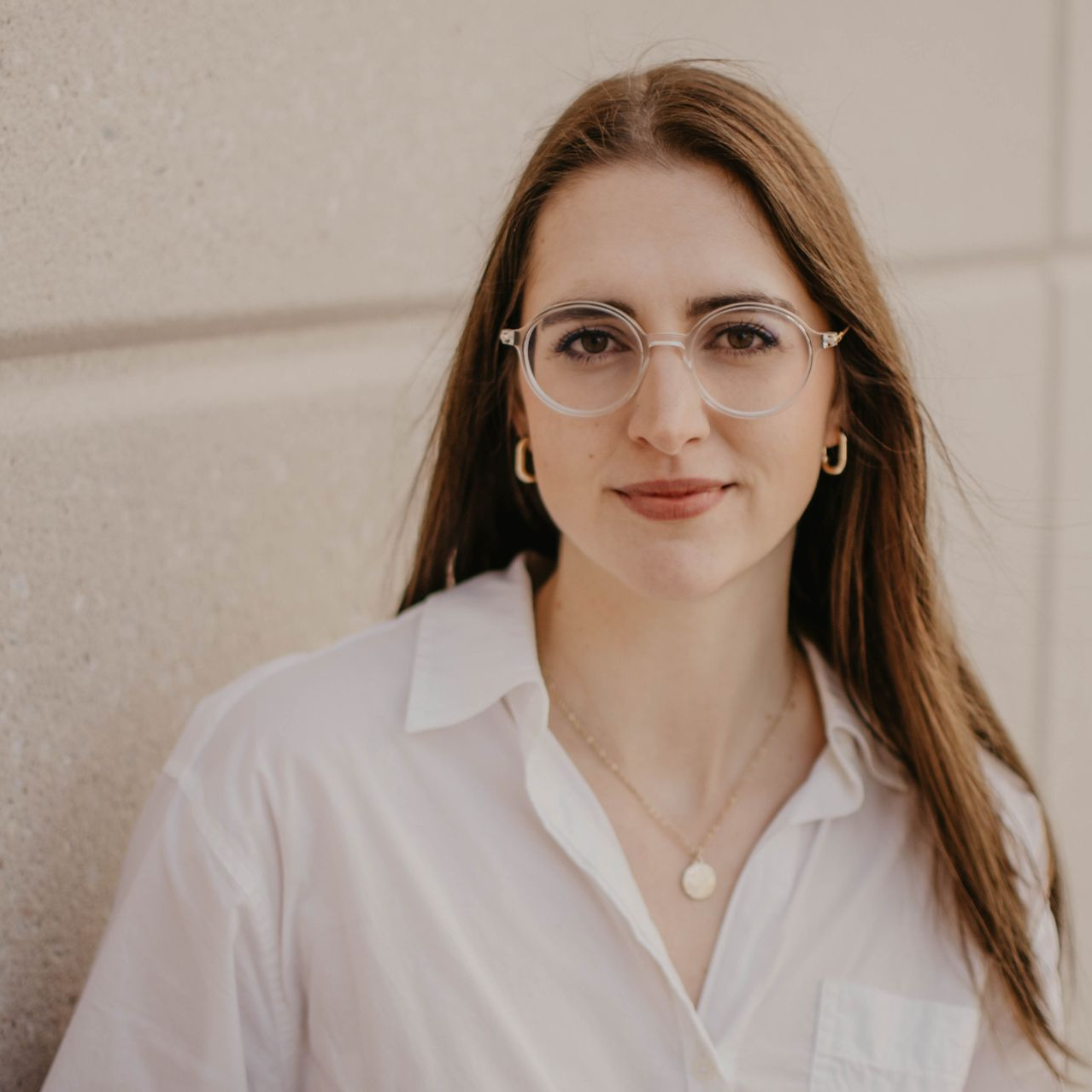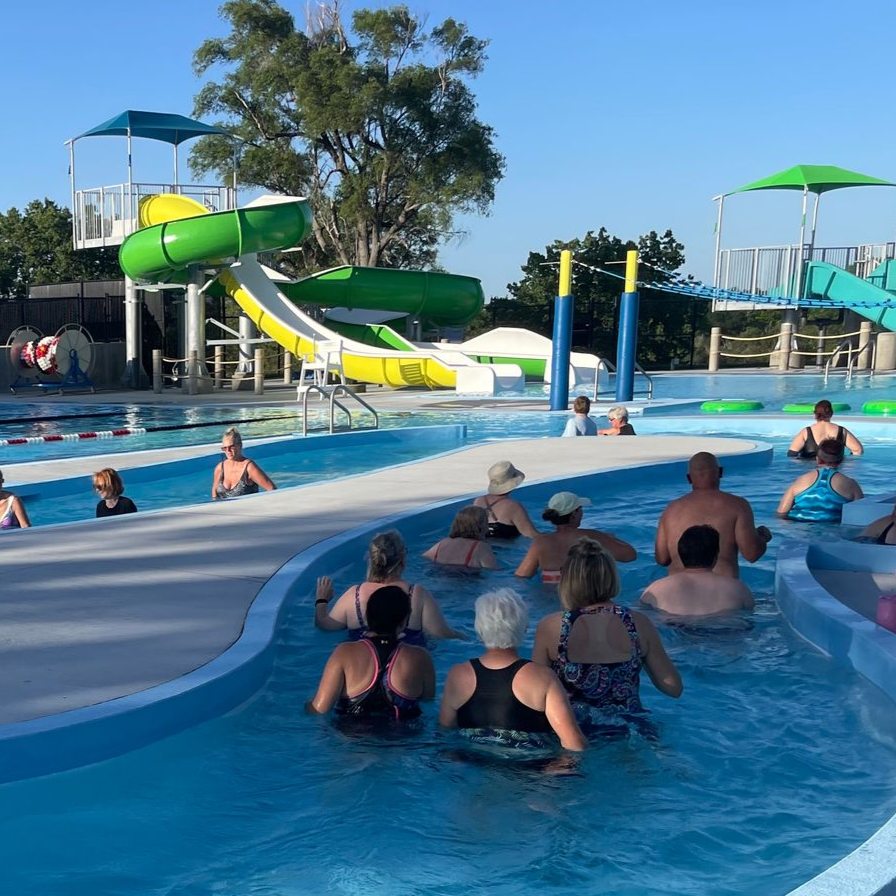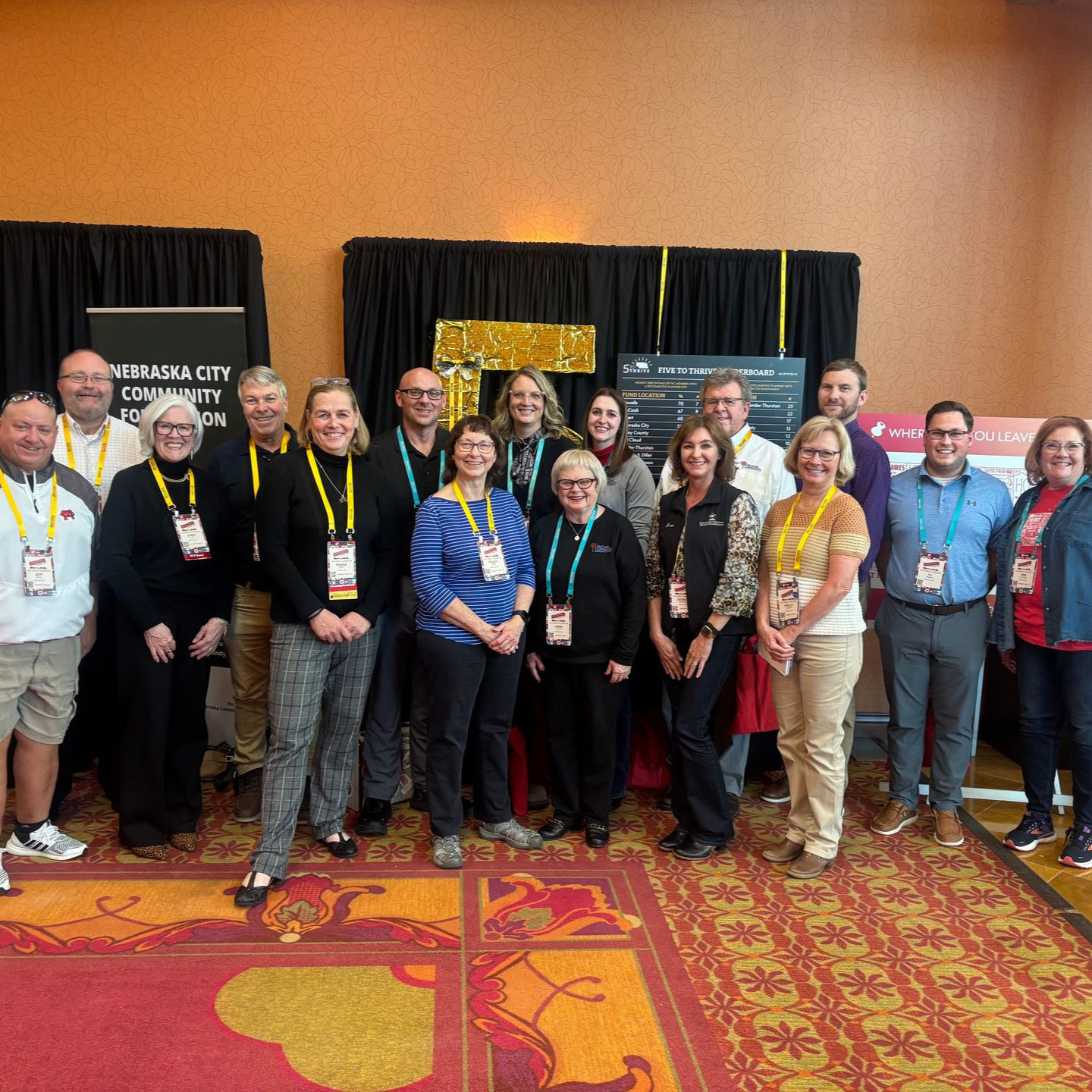When I became a member of the McCook Community Foundation Fund, an unexpected shift happened in my thinking.
Through the affiliation with the Nebraska Community Foundation, I began to see the potential of “what can be” instead of the common mindset about our lack of resources, lack of creative leadership, or just plain apathy that can become troublesome to our local community organizations.
Along with our other Fund Advisory Committee members, there have been many conversations about McCook and the surrounding communities' future growth and the ability to attract new families and businesses. These discussions tend toward a listing of improving existing programs or facilities and the resulting obligatory debate about how to fund such undertakings.
Numerous times, it comes down to a perceived lack of funding, along with other sparse resources, that can make such impactful generational change difficult to attain.
Time after time, this very type of thinking holds organizations hostage from the actualization of their goals and dreams. This scarcity mindset accepts the belief that there will never be enough, resulting in feelings of fear, stress, and uneasiness, along with a resulting fatalistic attitude.
On the other hand, an abundance mindset flows out of a more profound inner sense of personal worth and security. It is grounded in the belief that there is more than enough for everyone. Abundancy thinking leads to utilizing the resources around us to facilitate the change we are seeking.
Abundancy-thinking recently guided local leaders to significantly increase our community's availability to childcare. A group of like-minded individuals, led by Andy Long, executive director of our McCook Economic Development Corporation, decided to investigate what was possible.
In the early stages, my thinking led me to believe that we needed a childcare facility, which would require a capital campaign for adequate building funds, start-up costs, and staffing needs. As we first perceived it, this project would have been a considerable endeavor and had a high potential for failure.
Through a survey of affected community members, results demonstrated that parents preferred their local in-home childcare options instead of a single large day care facility. The local data also showed that currently, McCook did not offer an adequate number of daycare spots, and new daycare spots for infants were scarce or nonexistent. The survey results were counterintuitive to my prior thinking, but this is what the data said, loud and clear! Our resulting goal has become: Make our county the best place in Nebraska to be with young children.
Our newly formed McCook/Red Willow County Community 4 Kids committee got to work, and within two years, we have made a significant impact. We created a JumpStart program that has realized three local individuals completing a 3-credit hour course at McCook Community College. This class required creating a business plan, creating a parent handbook, and then going on to start or expand an existing childcare center. Also, each successful candidate received a $3,000 start-up grant.
There was also a financial incentive to add infant spots by offering a $250/monthly stipend to cover additional costs associated with appropriate infant care. This program realized 15 other infant spots that were otherwise difficult for parents to find for our youngest citizens.
And the final part of our plan offers two Early Childhood Full-Ride Scholarships, in partnership with McCook Community College and the McCook Community College Foundation. We currently have awarded one scholarship to a local student studying Early Childhood and planning to work in this field in our local area.
The above demonstrates abundant thinking at a local level. When we began this endeavor, we were a bit overwhelmed about how to start.
But everyone was brought to the table, including the Early Childhood network, state level partnerships, local early childhood advocates, the McCook Economic Development Corporation, and the McCook Community Foundation Fund.
Also significantly, we could tap into local resources to fund this project without asking additional taxes or community fundraising. We were able to tap into fiscal resources that we were unaware of when we began this process two years ago.
We started talking about what it would take to make the program happen—demonstrating one example of how thinking with abundance, not scarcity, can lead to unimaginable change.
Think of a time in your life when you've been told, "You can not do that; you should focus instead on a safer or more predictable path." But rather than selling ourselves short, we can utilize our untapped potential if we adopt an abundance mindset.
Cindy Huff is chairperson of the McCook Community Foundation Fund. The former superintendent has a passion for youth, families and our community. She took over to give Ronda Graff a week off to celebrate 25 years of marriage to her first husband.
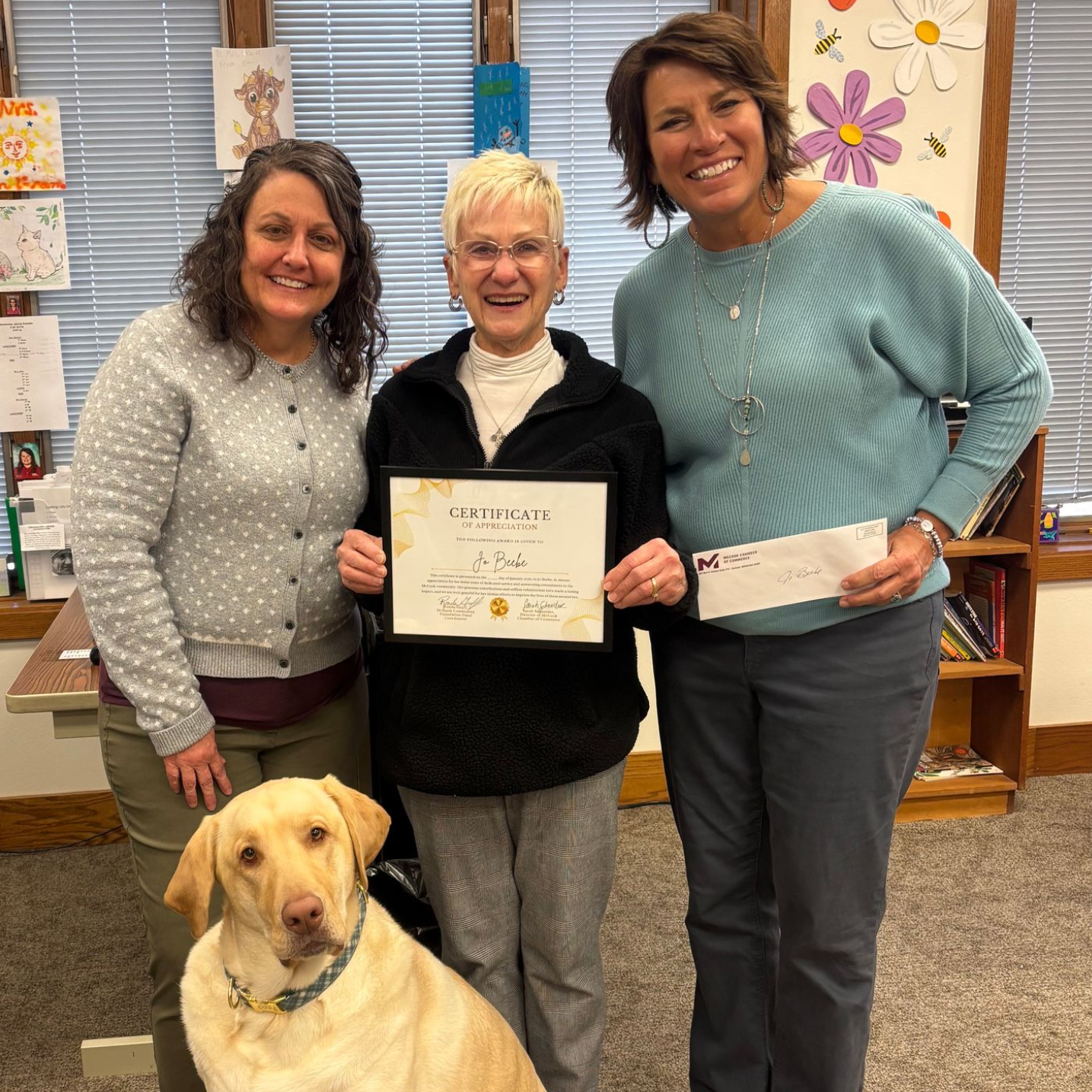
To kick off the new year, Jo Beebe has been selected as the January 2026 McCook Volunteer of the month. While many people might know Jo for her years at the Sports Shoppe, she can be found giving hours of her time to the community, especially at St. Patrick Church. Whether during the weekly Mass or for a funeral or wedding, Jo shares her beautiful voice from the choir loft, as well as leading the choir members. Jo, along with her husband Harold, also has served as the St. Pat’s GALA host couple in the past and continues to help with set-up and cleanup of the annual event. Jo is also active with the Fall Festival, the Rosary Rally and the Wild Game Feed in Curtis every year. She attends every the Order of Christian Initiation of Adults class and helps students prepare for confirmation. And since retiring from the Sports Shoppe, she is active in the Altar Society, and volunteers at the Bargain Bazaar thrift store. According to her nomination, “The way Jo gives of her time and talents to our parish and community is a reflection of her faith,” and the community and the church are better because of her generosity. The McCook Philanthropy Council selects the monthly recipient for the McCook Volunteer of the Month award as part of the McCook Community Foundation Fund’s McCook Volunteer program. If there is a volunteer in the community who should be recognized, please contact the McCook Chamber of Commerce at 308.340.3200 or visit McCook Volunteers on the MCFF website, mccookfoundation.org to complete a nomination form. The only requirement is that the nominee must be a resident of McCook or Red Willow County. Please have information about the nominee along with where and how they volunteer in the community.

